Artist: Charles Mingus Album: Mingus Ah Um
Year: 1959Duration: 1:12:20
Decoding the Genius of Charles Mingus' Mingus Ah Um
Music is an art form that transcends time and geography. A great album has the power to transport you to a different era, introduce you to unconventional rhythms, and showcase the brilliance of the musicians. One such album that continues to charm music lovers of all ages and backgrounds is Charles Mingus' Mingus Ah Um. Originally released in 1959, Mingus Ah Um is a masterpiece that blends jazz, blues, and gospel in a way that has never been heard before. In this blog post, we examine the origins of the artist, the genre of the album, the best songs, the most innovative sections, and a critical review of this timeless classic. So, sit back, relax, and immerse yourself in the world of Mingus Ah Um.
Charles Mingus was born in Arizona in 1922 and grew up playing the double bass. He was influenced by jazz legends such as Duke Ellington, Count Basie and Lester Young and had a gift for composition and improvisation. He set his sights on becoming a bandleader from a young age and moved to New York in the late 1940s. There, he collaborated with the likes of Charlie Parker and Dizzy Gillespie before forming his own band in the 1950s. Mingus was ahead of his time - he didn't believe in sticking to traditional jazz structures and explored sounds that were completely new. Mingus Ah Um is a testament to his ability to create genre-defying sounds that influenced generations of jazz musicians.
The genre of Mingus Ah Um is difficult to define as Mingus seamlessly blends elements of jazz, blues, gospel, and various ethnic rhythms. The album is comprised of ten tracks, each one showcasing the versatility of Mingus. The opening track, Better Git It In Your Soul, sets the tone for the album with its gospel-infused melody. Other tracks such as Goodbye Pork Pie Hat, Jelly Roll, and Boogie Stop Shuffle each bring something unique to the table while maintaining a cohesive sound throughout the album.
The best songs on the album include Goodbye Pork Pie Hat and Fables of Faubus. Goodbye Pork Pie Hat is a haunting ballad composed as a tribute to the legendary saxophonist Lester Young. It's named after Young's trademark headgear - a pork pie hat. The song features a mesmerizing solo by the tenor saxophonist Booker Ervin, which seamlessly blends into the overall melancholic mood of the song. Fables of Faubus, on the other hand, is a protest song inspired by the Governor of Arkansas, Orval Faubus, who was known for his opposition to desegregation. Mingus' use of vocal scatting in the song adds an extra dimension, making it one of the most powerful tracks on the album.
The most innovative section of Mingus Ah Um is the use of polyphony. Mingus was a master of harmony and his ability to blend different sounds in one track is awe-inspiring. On Jelly Roll, for instance, the bass and drums form the backbone of the track while the saxophone, trumpet, and trombone each take their turns to play a melody. Instead of taking turns, however, they play simultaneously, creating a rich and complex sound that leaves the listener in awe.
On a critical note, one could argue that Mingus Ah Um lacks the structure that is inherent in traditional jazz. Some of the tracks feel too free-flowing, making it harder for the listener to follow and appreciate the melodies. But, to criticize this album for its lack of structure would be to miss the point entirely. Mingus was pushing boundaries and Mingus Ah Um is a testament to his creativity and innovation.
Charles Mingus' Mingus Ah Um is an album that stands the test of time. It's an amalgamation of the genres that Mingus mastered, showcasing his ability to create new sounds that challenged conventional jazz. The best songs on the album, Goodbye Pork Pie Hat and Fables of Faubus, are classics that continue to inspire jazz musicians to this day. While the album may not follow traditional structures, it was never meant to. Mingus set out to create a blueprint for a new type of jazz, and Mingus Ah Um does just that. It's an album that will continue to be studied and enjoyed by generations of music lovers and musicians alike.
Charles Mingus albums
Other #Jazz albums:
SIMILAR BANDS
balls, from 1 to 5, describe similarity between the two bands
SOMETHING NEW? LISTEN TO RADIOGENRE
 Electroclash
Electroclash Electro swing
Electro swing Nu jazz
Nu jazz Electro punk
Electro punk Electro dub
Electro dub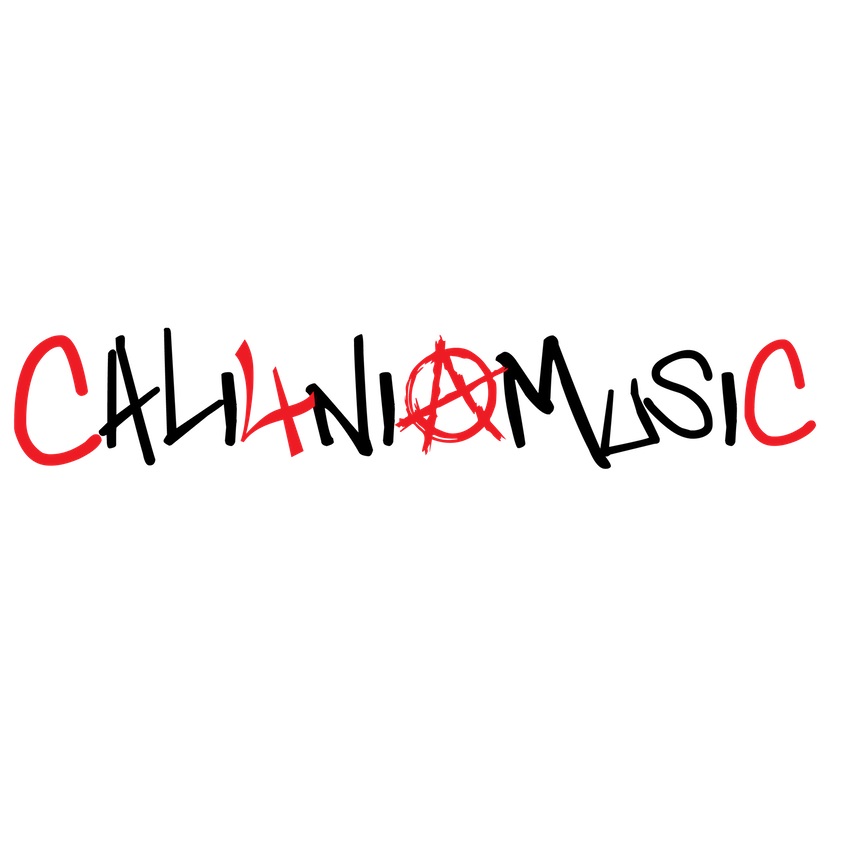 Cali4niamusic
Cali4niamusic Tomorrowland
Tomorrowland Big beat
Big beat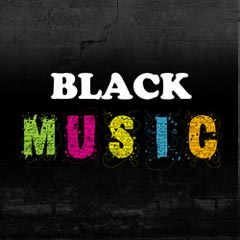 Black music
Black music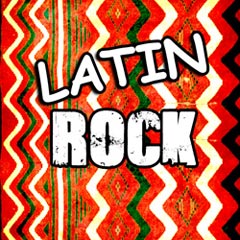 Latin rock
Latin rock
SUGGESTED PLAYLISTS

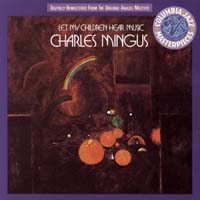
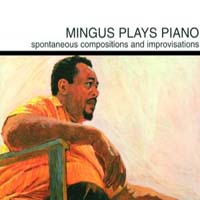
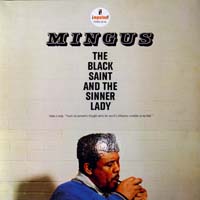
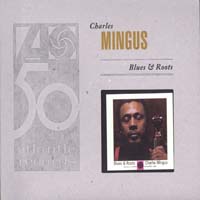
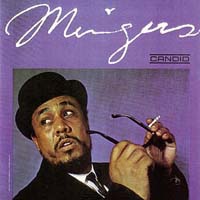
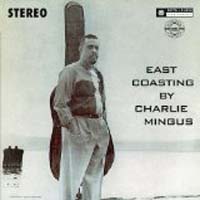
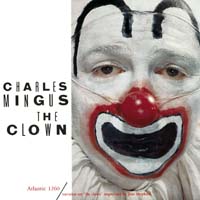
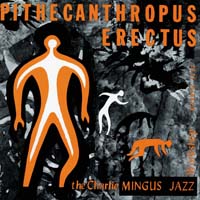
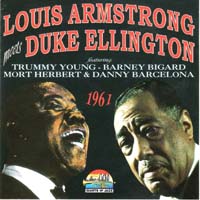
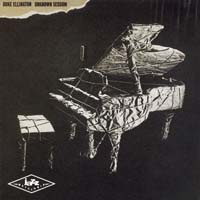
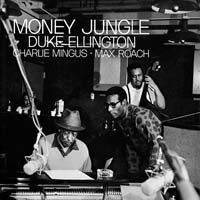
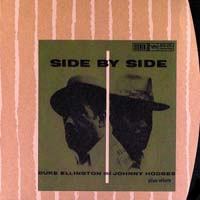
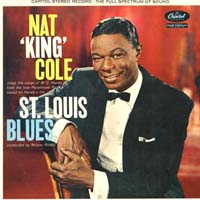
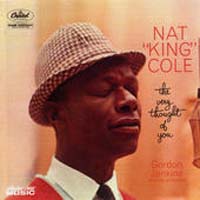
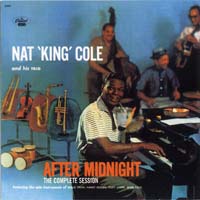
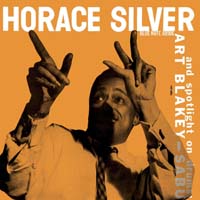
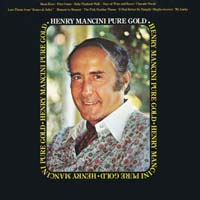
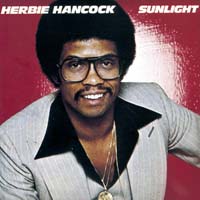
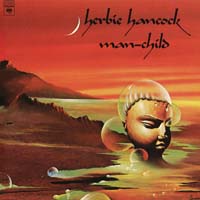
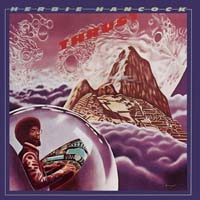
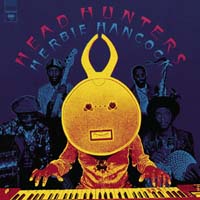
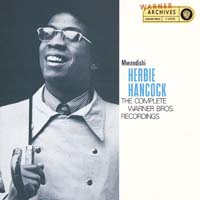
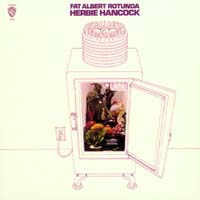
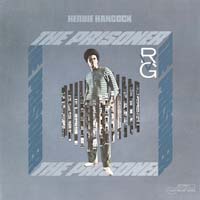
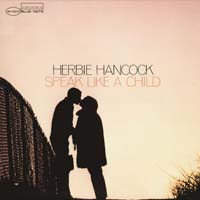
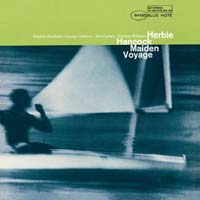
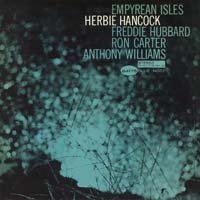
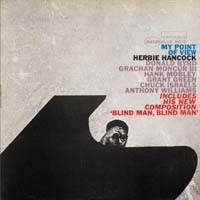
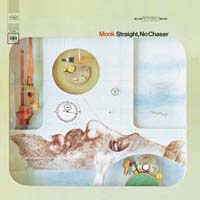
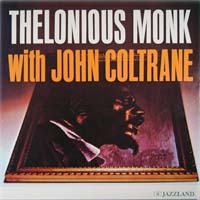
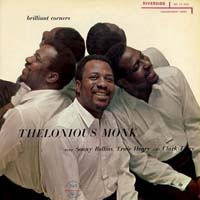
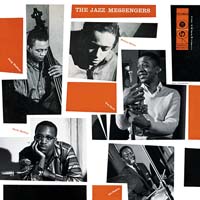

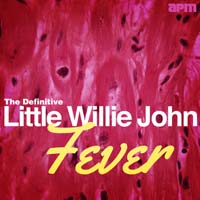
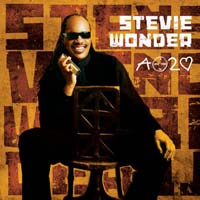


 The very best of suicide girls
The very best of suicide girls The very best of trip hop
The very best of trip hop Emigrating with a cardboard suitcase
Emigrating with a cardboard suitcase Finding God in music
Finding God in music The music television
The music television The avant-garde music of advertisements
The avant-garde music of advertisements The very best of post metal
The very best of post metal The very best of swing
The very best of swing The root of the deep souls
The root of the deep souls The decadence of the cemeteries
The decadence of the cemeteries